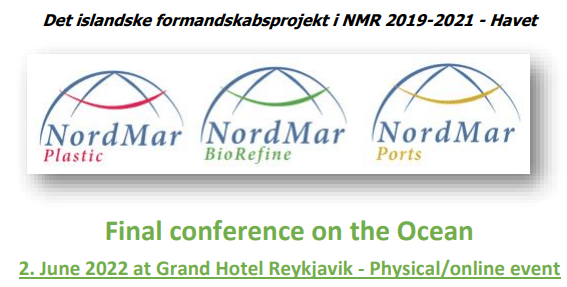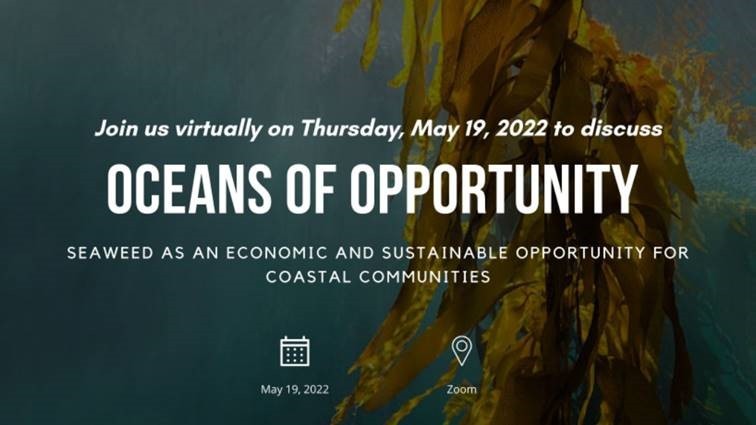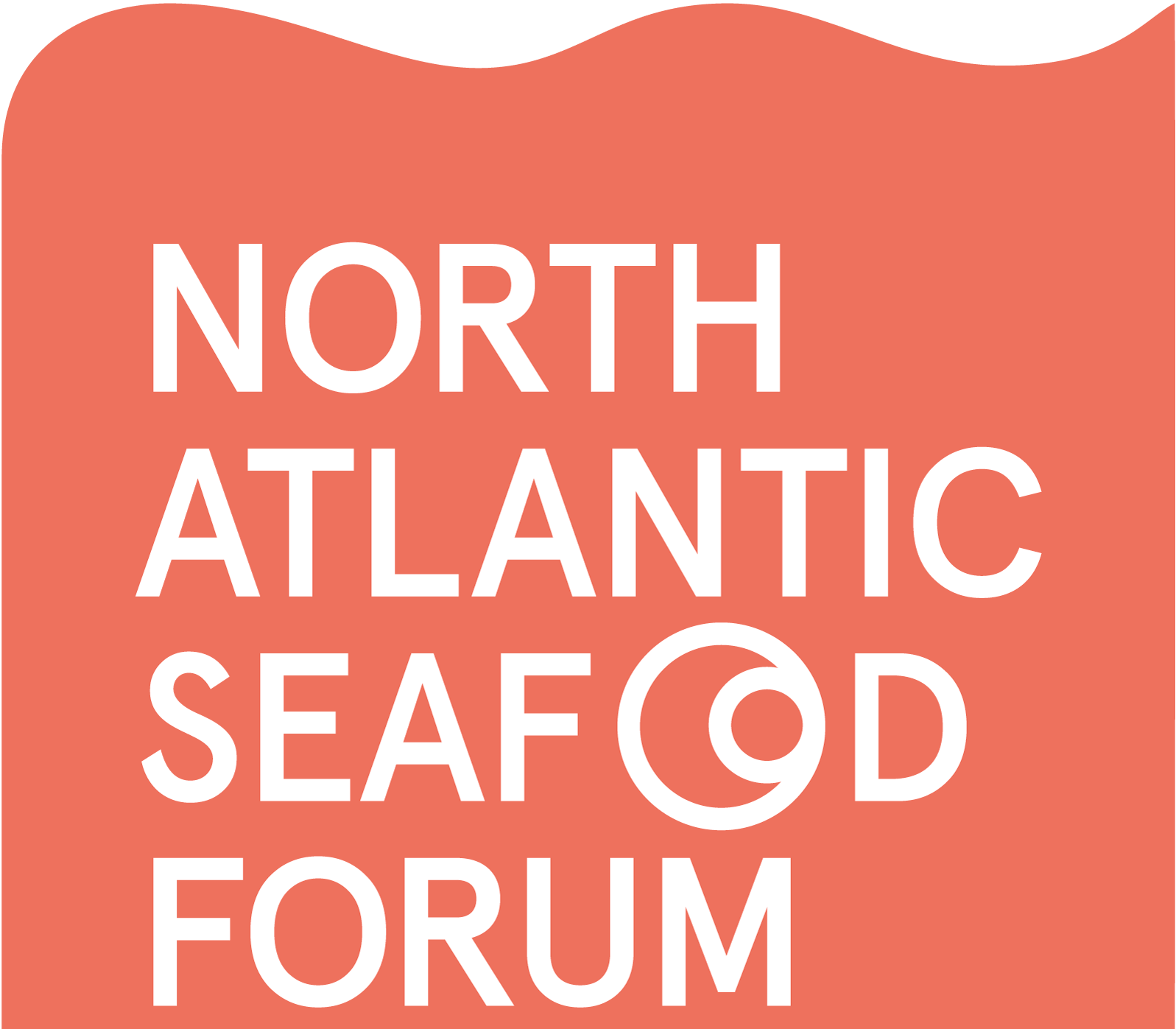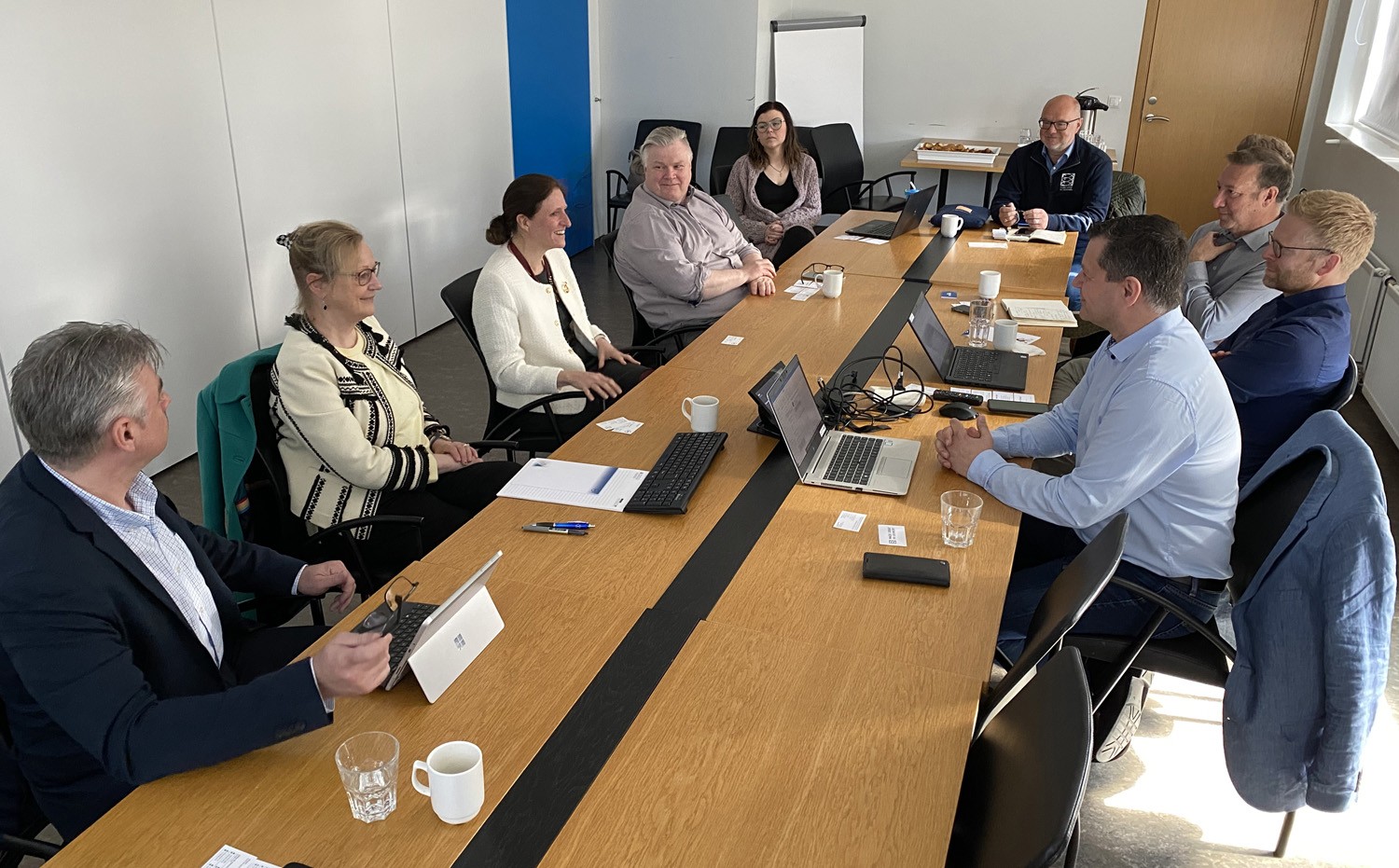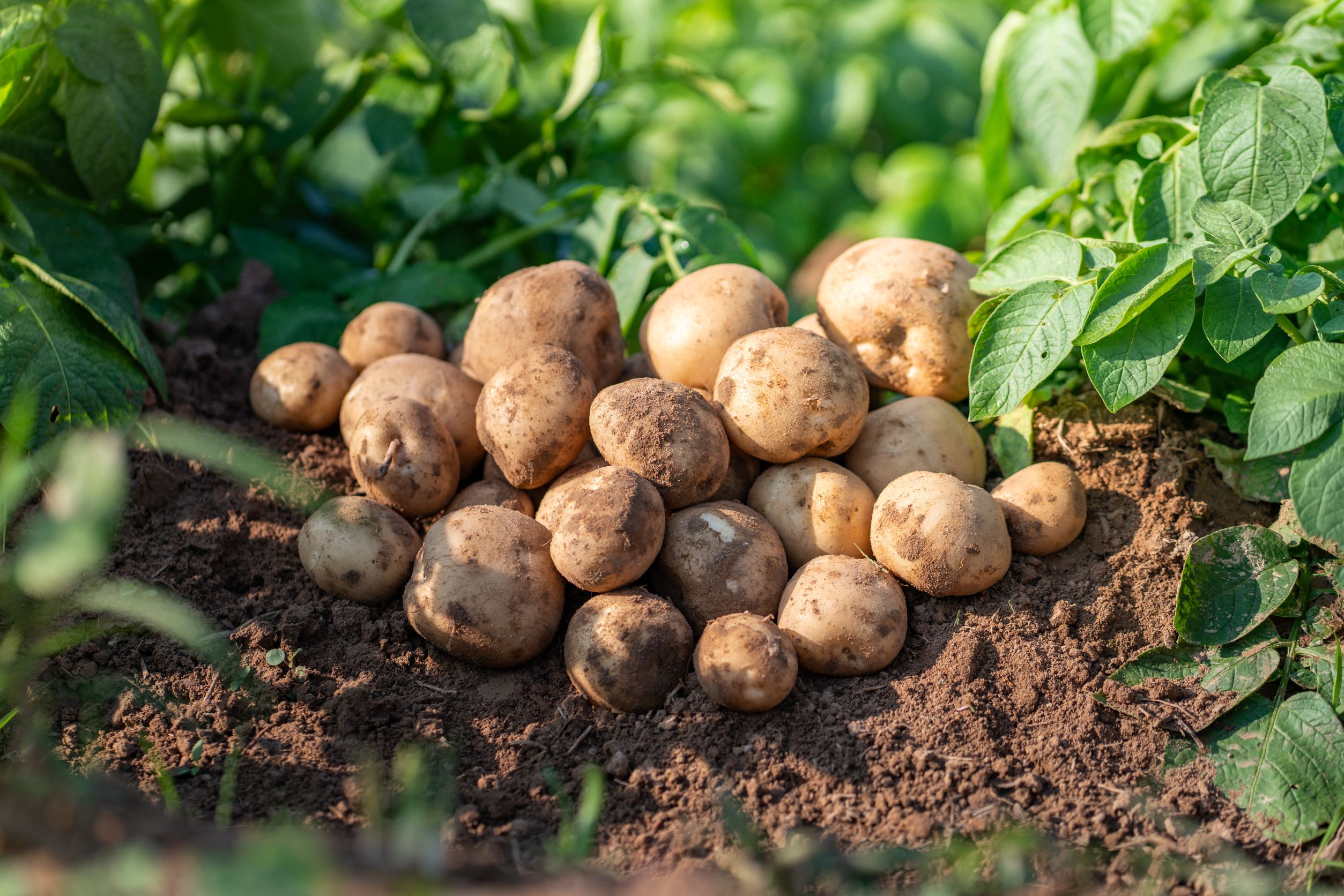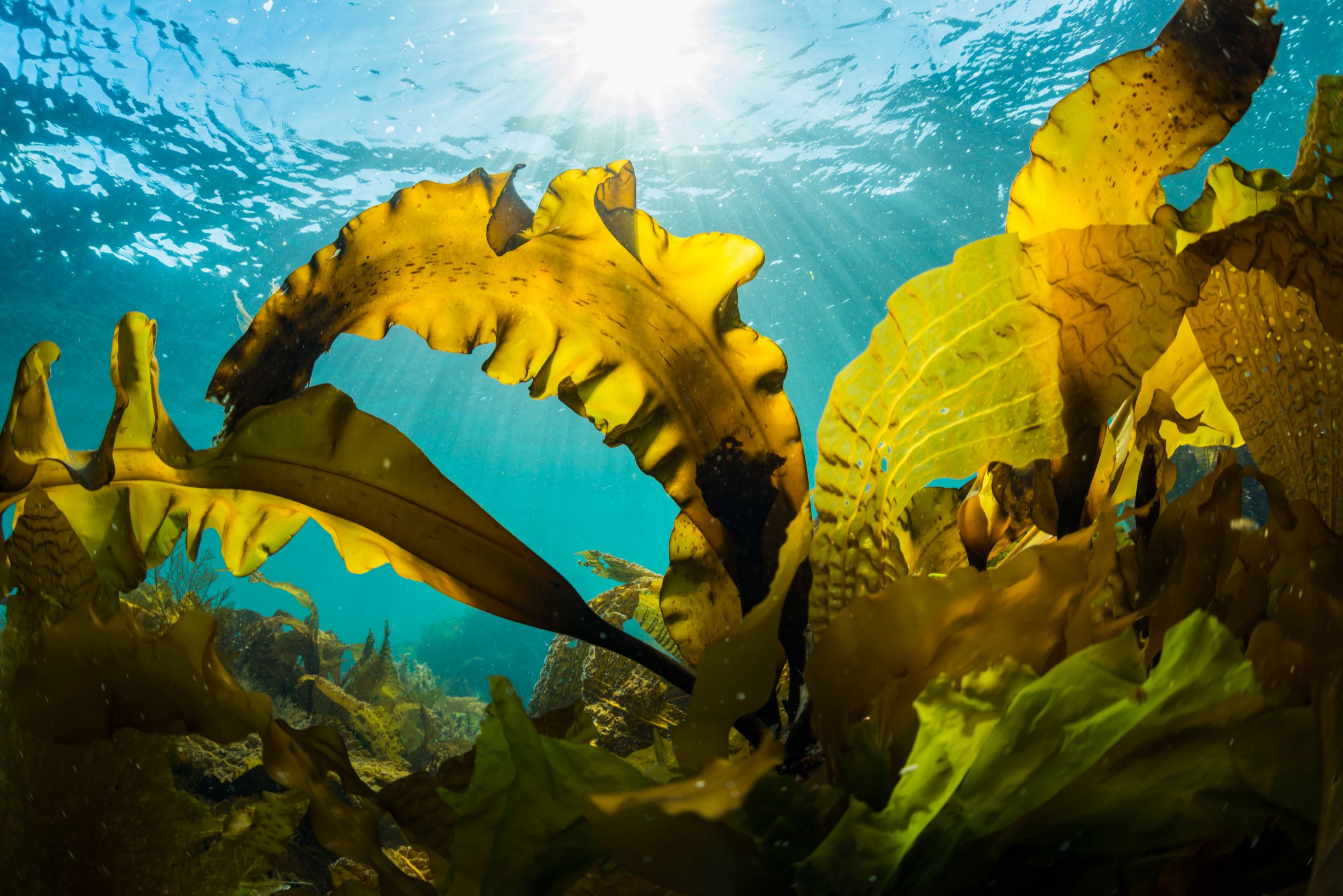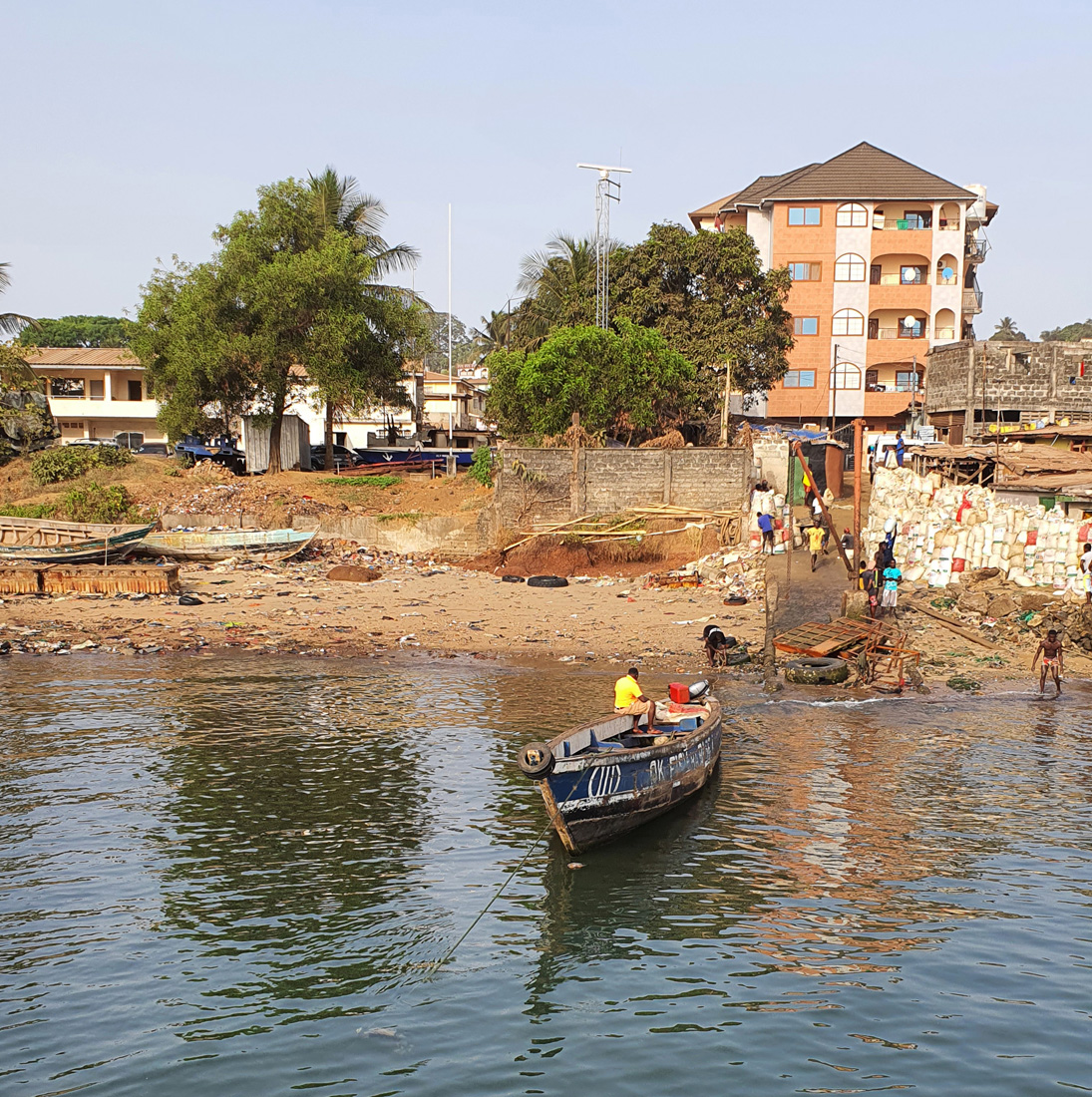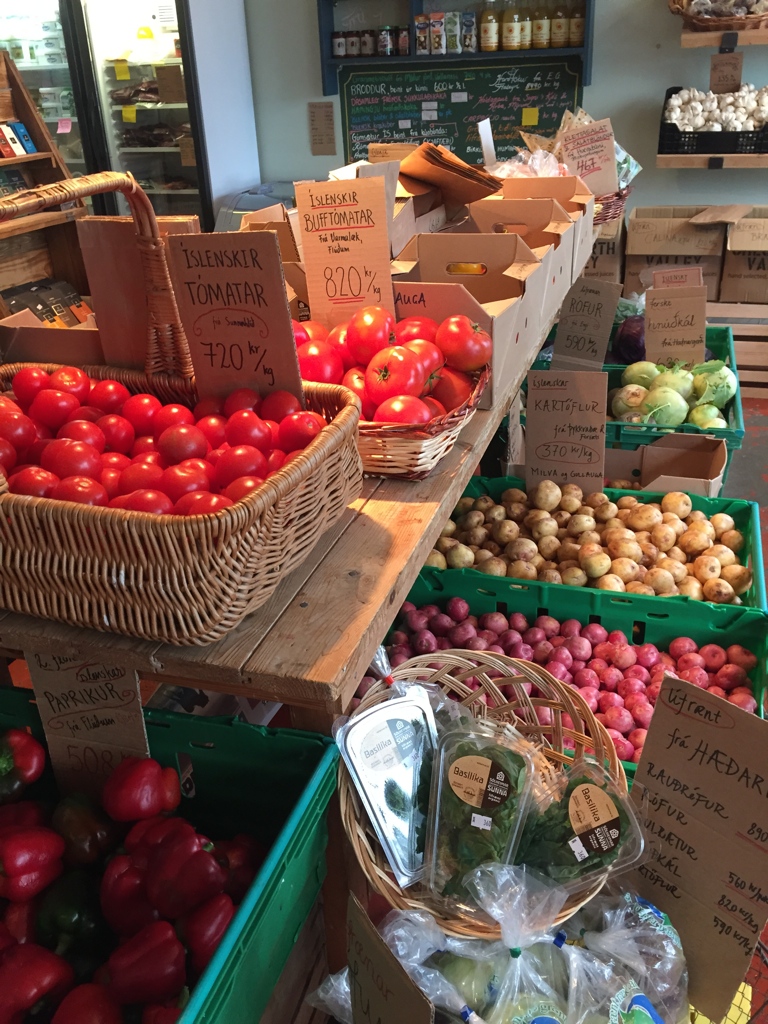The NordMar projects - the final conference on the sea
Í júní mun þremur verkefnum, svokölluðum NordMar verkefnum sem hafa verið í gangi frá árinu 2019, ljúka með glæsilegri lokaráðstefnu […]
The NordMar projects - the final conference on the sea Nánar »
